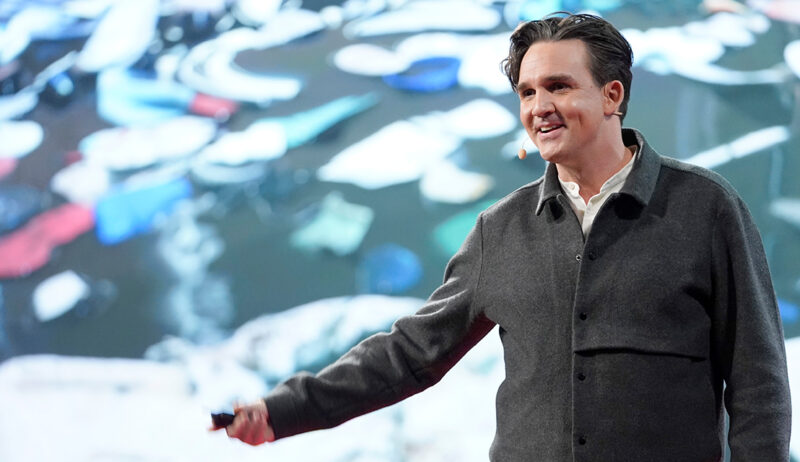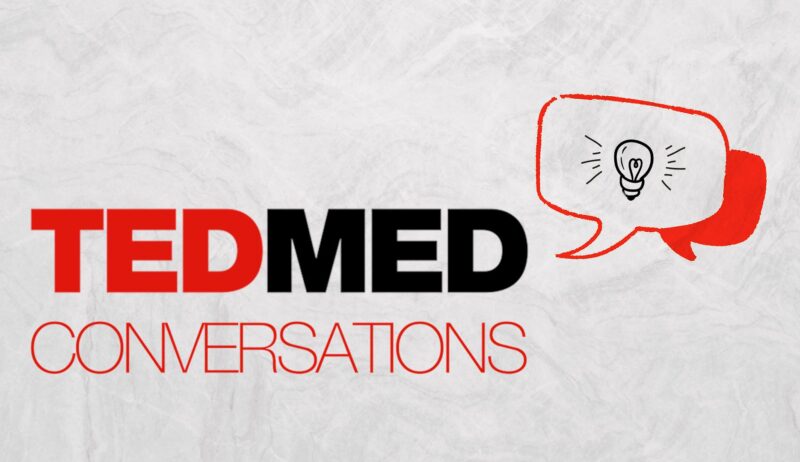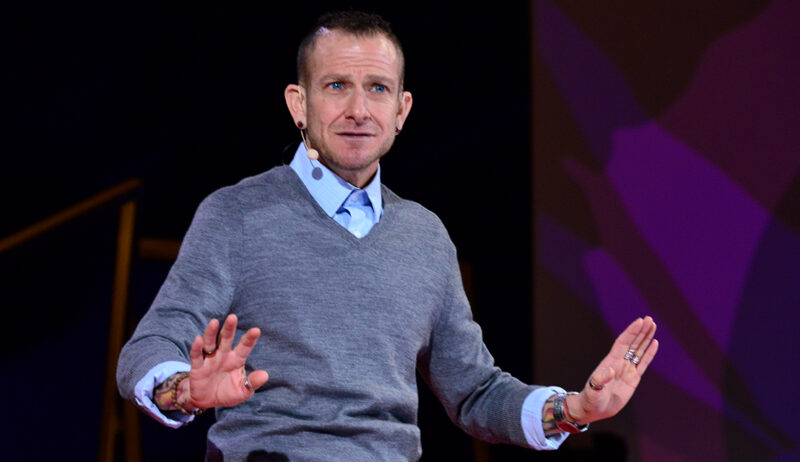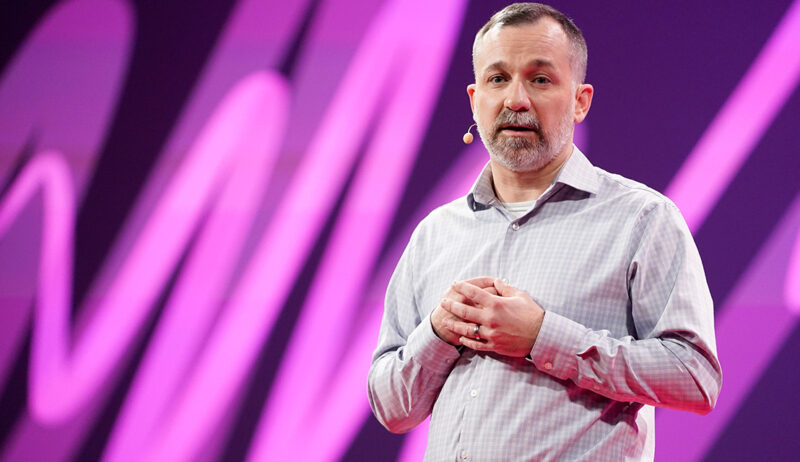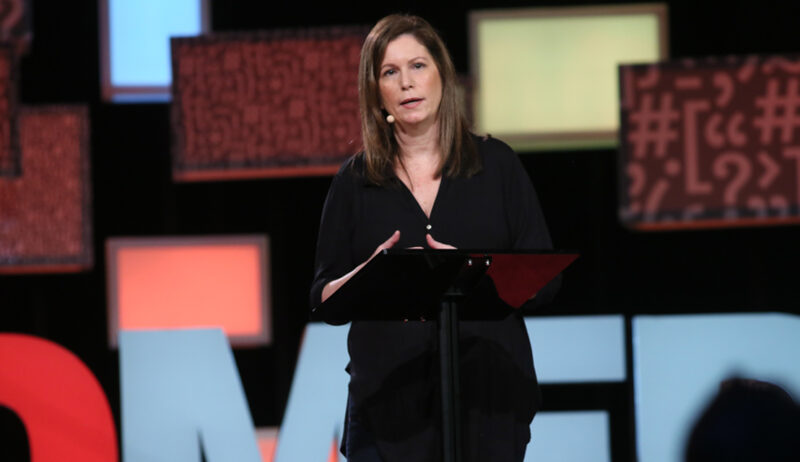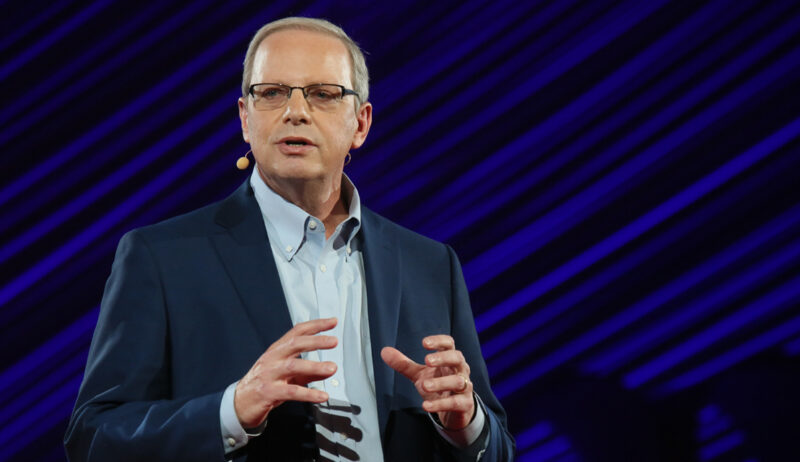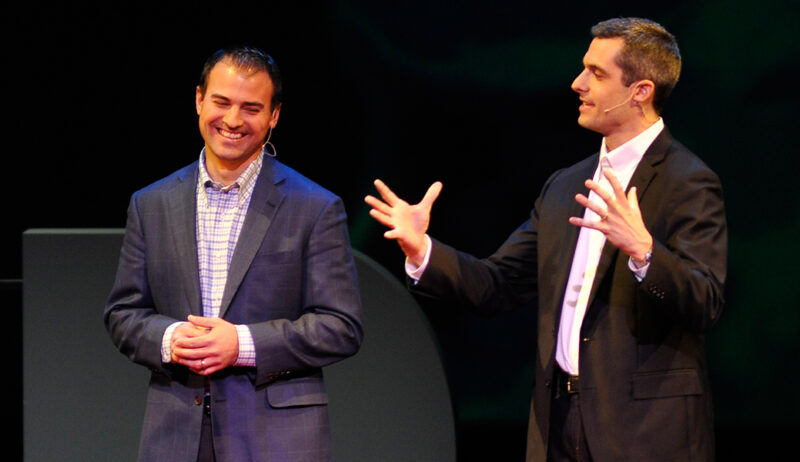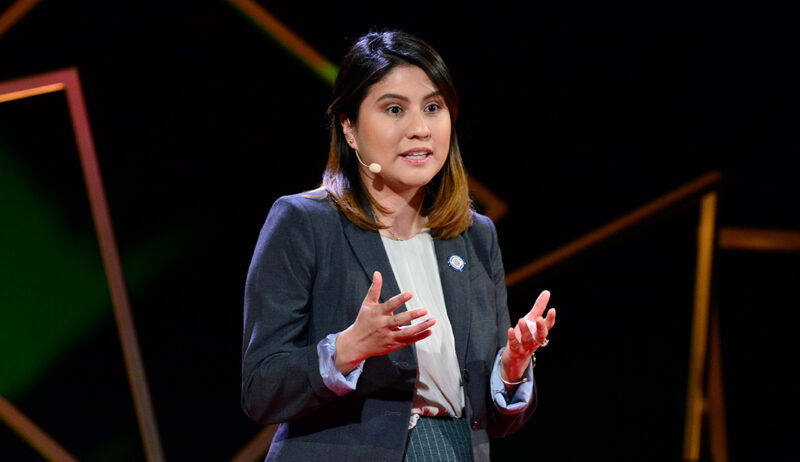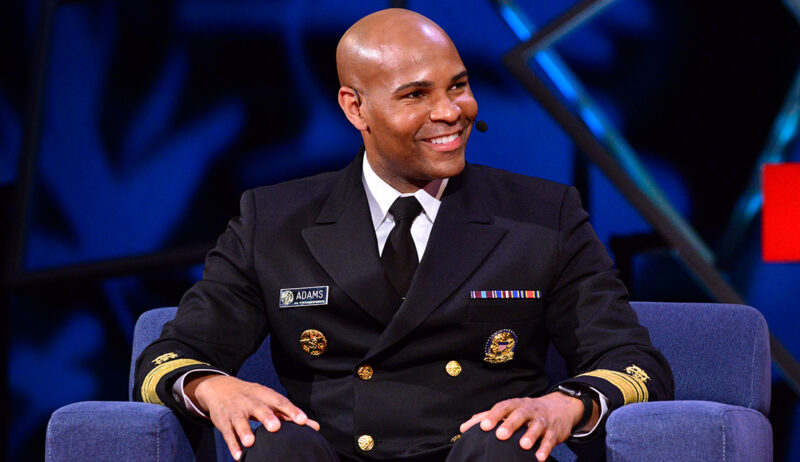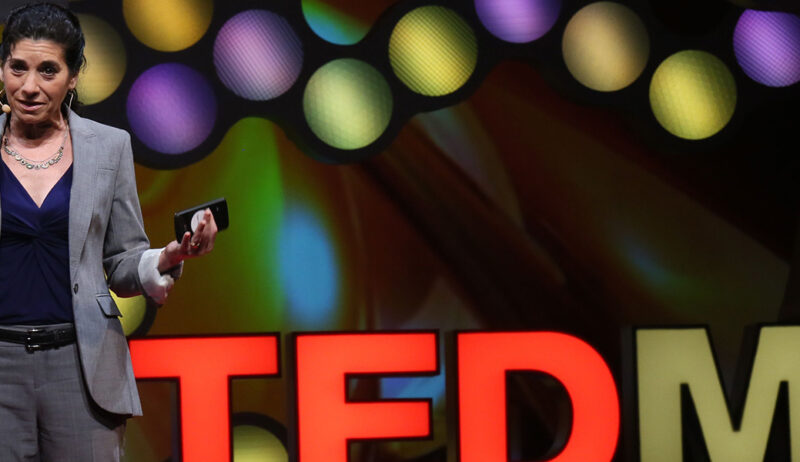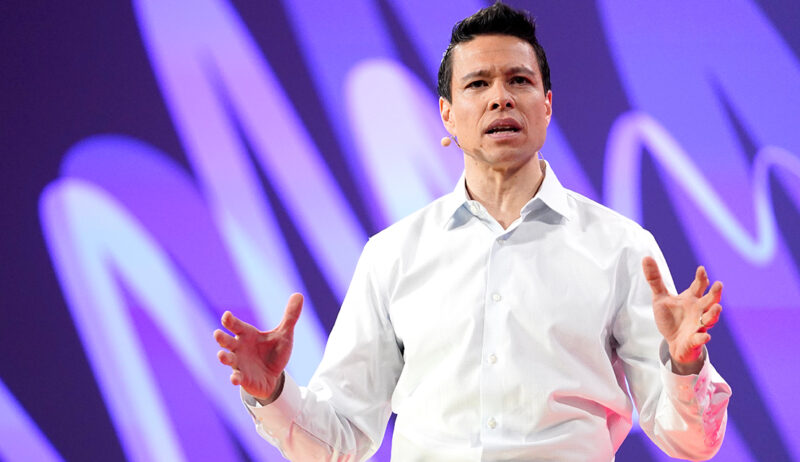About this talk
An artificial intelligence expert’s theory about a future world where we may need to download our consciousness to the datascape in order for us to survive led Marilène Oliver to ponder what a world like this would be like. She asked herself “If indeed we could download our consciousness to the datascape what would happen to the physical bodies left behind? Or, more worryingly, what kind of consciousness would we have if we had no body?”— it is through these questions that her work using digitized bodies emerged.
The epicenter of Marliène’s work truly is at the intersection of art and science. Her work, digitized bodies created from CT and MRI scans, offers a visual representation of a digitized future. As she explains, “For me, this material [CT scans and MRI scans] offers a fascinating preview of just where we may be headed as we delve deeper and deeper into the interface between human identity and machine created data”. Watch Marliène’s 2018 TEDMED Talk to learn more about her work.
About Marilène Oliver
See more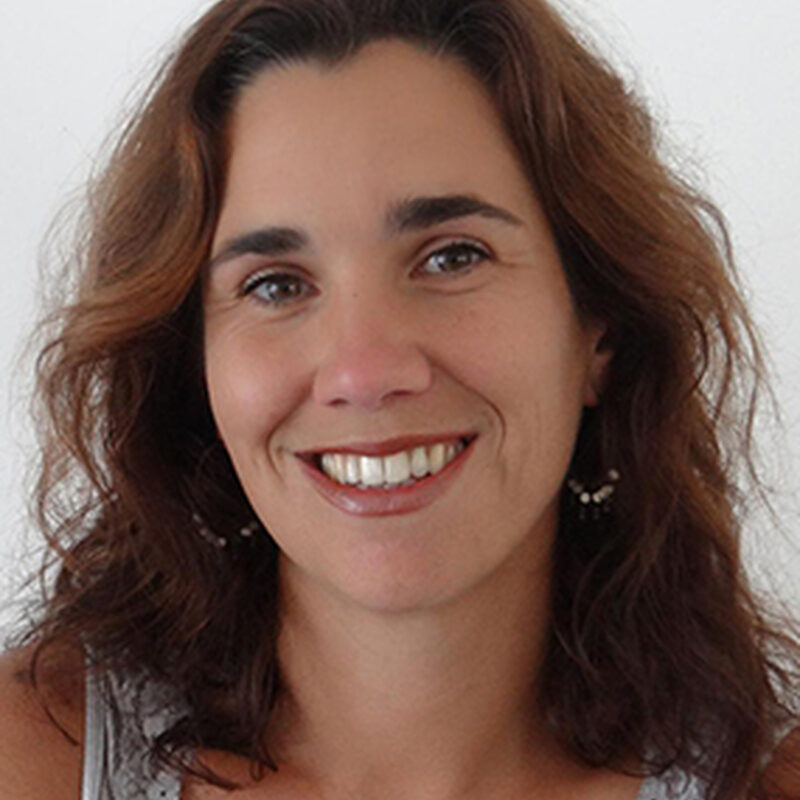
Marilène Oliver is a Canadian artist known for her unique work that blends new digital technology, traditional printmaking, and sculpture. Her art explores the human body and how it is changing in the digital age. Marilène uses medical scanning technologies like MRI, CT, and PET to create her art. She takes these digital images of the inside of the human body and transforms them into physical artworks. By doing this, she makes the “unfleshed,” or digitized, body visible and tangible for us to think about. Her work often looks at the space between the real world and the virtual world, asking what it means to be human when so much of our existence is becoming digital. Her art has been shown in many major museums and galleries around the world, including the Victoria and Albert Museum in London, the Royal Academy of Arts, and the MassMoCA in Massachusetts. She is currently a professor at the University of Alberta in Canada, where she teaches printmaking and sculpture, and continues to create art that pushes the boundaries of these traditional forms.
